One day after former President Donald Trump broke the news Monday that the FBI had executed a search warrant in his Palm Beach home, House Minority Leader Kevin McCarthy issued a stark warning to Merrick Garland: After Election Day rolls around, the attorney general should brace himself for the wrath of the House Republican conference.
With a 2023 House Republican majority in mind, McCarthy and his fellow House GOP leaders have spent the past year planning ways to investigate and subpoena Biden administration officials on an array of topics, including last year’s chaotic withdrawal from Afghanistan and Hunter Biden’s foreign business dealings. McCarthy said in a June television interview that his conference already has more than 500 subpoena letters prepared.
That oversight strategy took on a new sense of urgency after the FBI searched Mar-a-Lago for reasons that are still unknown publicly—though several news outlets have reported they appear to be related to a number of classified documents the former president was required to turn over to the National Archives.
“When Republicans take back the House, we will conduct immediate oversight of this department, follow the facts, and leave no stone unturned,” McCarthy wrote on Twitter Monday evening. His fellow House GOP leaders quickly followed suit in their knee-jerk condemnations of the search—as did many rank-and-file Republican members, some of whom are already using the search as fundraising fodder ahead of the November midterms.
But in a move that reflects the House and Senate GOPs’ often conflicting political priorities, Senate Minority Leader Mitch McConnell and his Senate leadership colleagues offered a wait-and-see reaction to the news—calling for an immediate explanation from the Justice Department regarding the purpose of the search while stopping short of condemning it outright or announcing a prospective congressional inquiry.
“The country deserves a thorough and immediate explanation of what led to the events of Monday,” McConnell said in a statement Tuesday evening. Sens. John Thune and John Barrasso—the Senate Republican conference’s whip and conference chair—struck a similar tone in public statements that contrasted sharply with that of their House counterparts.
In a Tuesday evening tweet that accused the White House of weaponizing executive agencies to target the Biden administration’s political foes, House GOP Conference Chair Elise Stefanik echoed McCarthy’s proclamation that a House Republican inquiry into the matter is imminent pending her party’s takeover of the lower chamber following the midterm elections. House GOP Whip Steve Scalise took things one step further by comparing the search—and the FBI’s seizure of House Freedom Caucus Chairman Scott Perry’s phone—to the “playbook of corrupt leftist regimes in failed dictatorships.”
McConnell’s call for transparency Tuesday evening, meanwhile, came hours after he dodged a question about the search in a press conference in his home state of Kentucky, a clear indicator that the Senate Republican leader is no longer interested in coming to the former president’s immediate defense in all areas of public scrutiny.
The conflicting responses from McCarthy and McConnell demonstrate the growing chasm between both party leaders when it comes to bowing to the former president’s every whim and laying blame on any elected Republican who fails to demonstrate sufficient loyalty to his movement.
“If you are an elected Republican, and you are staying quiet while Democrats in Washington are abusing their power–you are the very reason they think they can get away with it. NOW is the time to speak up and be LOUD!” McCarthy wrote in a Wednesday Facebook post.
McConnell’s public ambivalence toward Trump in recent months has frustrated firebrand House Republicans. “Mitch McConnell doesn’t represent the Republican Party in America anymore,” GOP Rep. Marjorie Taylor Greene told The Dispatch in June when asked about the Senate minority leader’s decision to bless the bipartisan gun safety talks that led to the recently passed Bipartisan Safer Communities Act. While McConnell supported the bill, McCarthy whipped his members against it.
“He sold us out,” Greene, who on Monday called for the defunding of the FBI, said of McConnell earlier this summer. “He’s everything wrong with the Republican Party.”
But several high-profile Republicans who are widely expected to run for president in 2024 didn’t immediately condemn the search either. Contrasting sharply with widely expected presidential hopeful and Florida Gov. Ron DeSantis—who called the Biden-run White House a “Banana Republic” shortly after Trump’s announcement—former New Jersey Gov. Chris Christie said in a Tuesday interview with SiriusXM’s Julie Mason that the search was “fair game.”
Similarly, GOP Sen. Tim Scott of South Carolina said in CBS Mornings interview Tuesday that Americans should let the investigation “play out” before they jump to conclusions about whether the FBI acted with nefarious intent in carrying out the search.
Breaking with Scott’s far more measured response to the news, some Republican senators offered explicit condemnations of the search without knowing why it was conducted. GOP Sen. Josh Hawley said Tuesday that “at a minimum” Garland should resign or be impeached. Sen. Marco Rubio of Florida, who faces Democratic Senate nominee and Florida Rep. Val Demings in November, compared the search later that evening to Nicaragua’s authoritarian regime under Daniel Ortega.
The Biden administration has done little to tamp down speculation about the search, with White House press secretary Karine Jean-Pierre telling reporters Tuesday that Biden learned about the search in real time and was not privately briefed on the matter before it was conducted.
All eyes are on the Justice Department—though it remains unclear how much information officials will make public considering the sensitive nature of most ongoing department investigations into the former president. (Trump and his lawyers also almost certainly have a copy of the warrant they could release if they wanted.)
Garland has yet to comment publicly on the search. But in response to questions from reporters about ongoing government inquiries into Trump’s efforts to overturn the 2020 presidential election results, Garland said last month that “a central tenet of the way in which the Justice Department investigates and a central tenet of the rule of law is that we do not do our investigations in public.”
Correction: This story initially declined to specify that Chris Christie is New New Jersey’s former, not current, governor.
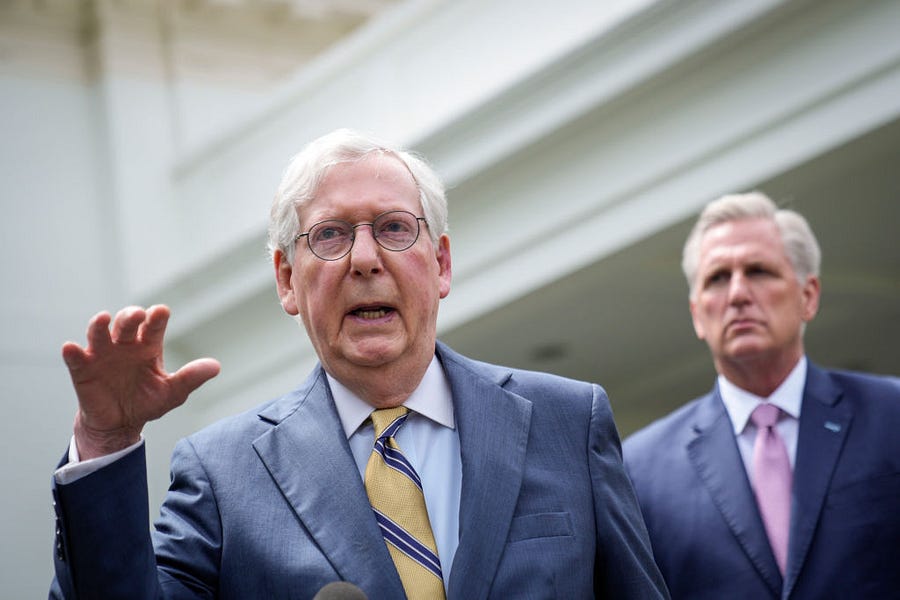


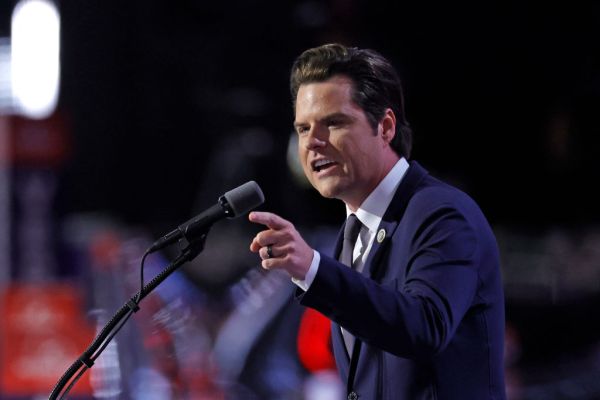
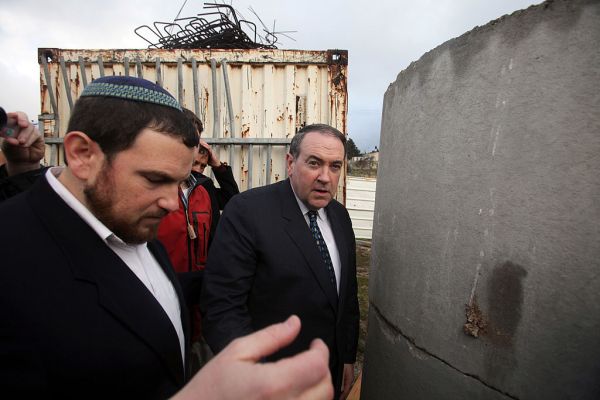
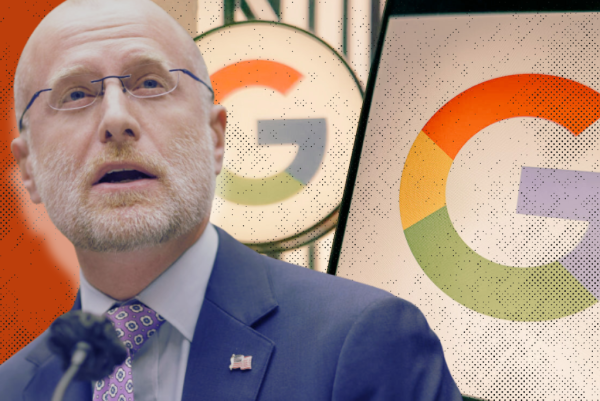
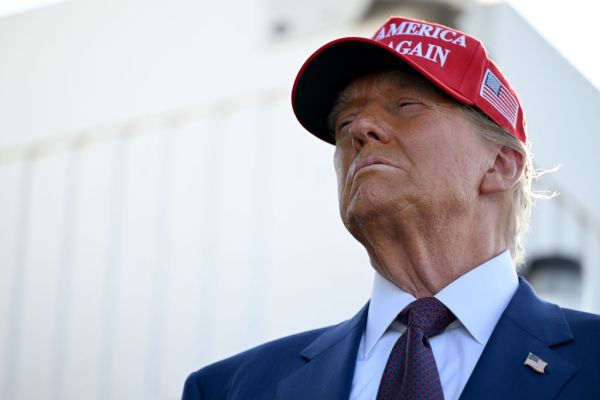
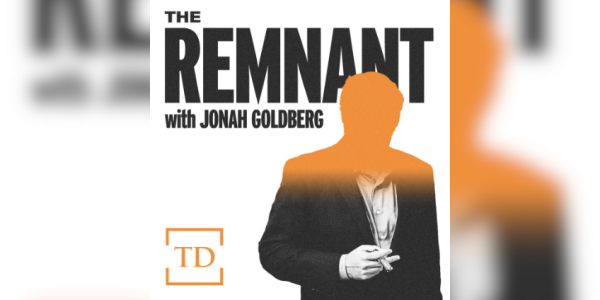
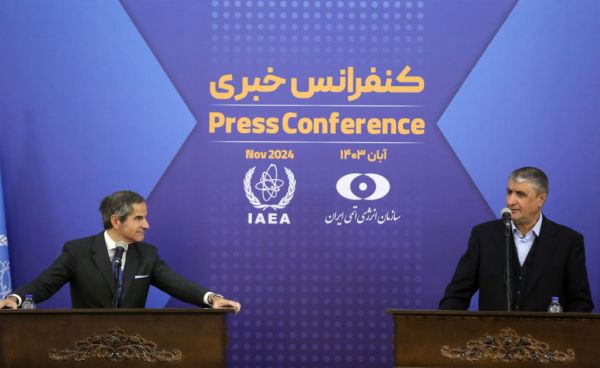
Please note that we at The Dispatch hold ourselves, our work, and our commenters to a higher standard than other places on the internet. We welcome comments that foster genuine debate or discussion—including comments critical of us or our work—but responses that include ad hominem attacks on fellow Dispatch members or are intended to stoke fear and anger may be moderated.
You are currently using a limited time guest pass and do not have access to commenting. Consider subscribing to join the conversation.
With your membership, you only have the ability to comment on The Morning Dispatch articles. Consider upgrading to join the conversation everywhere.